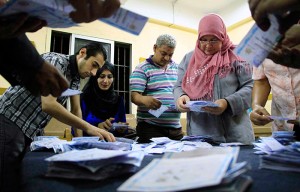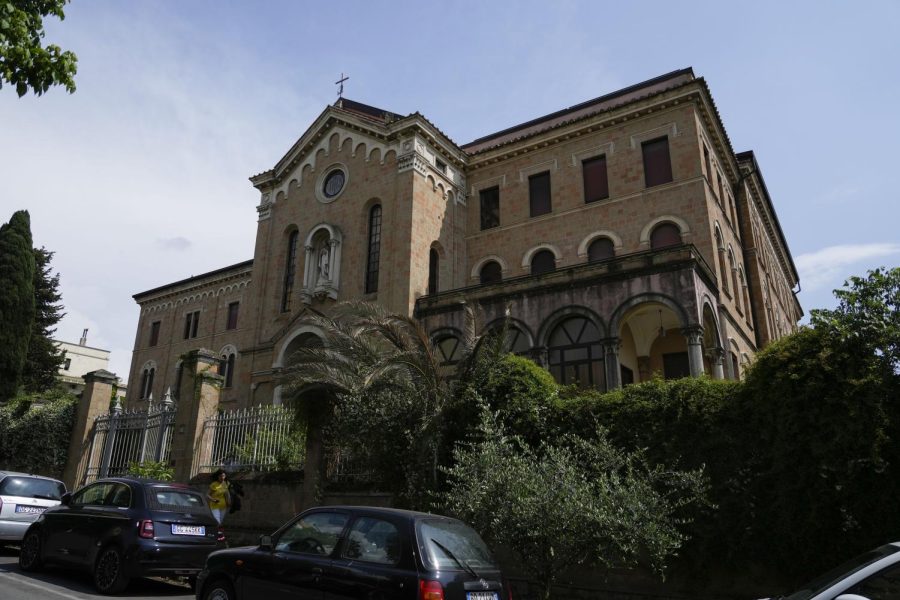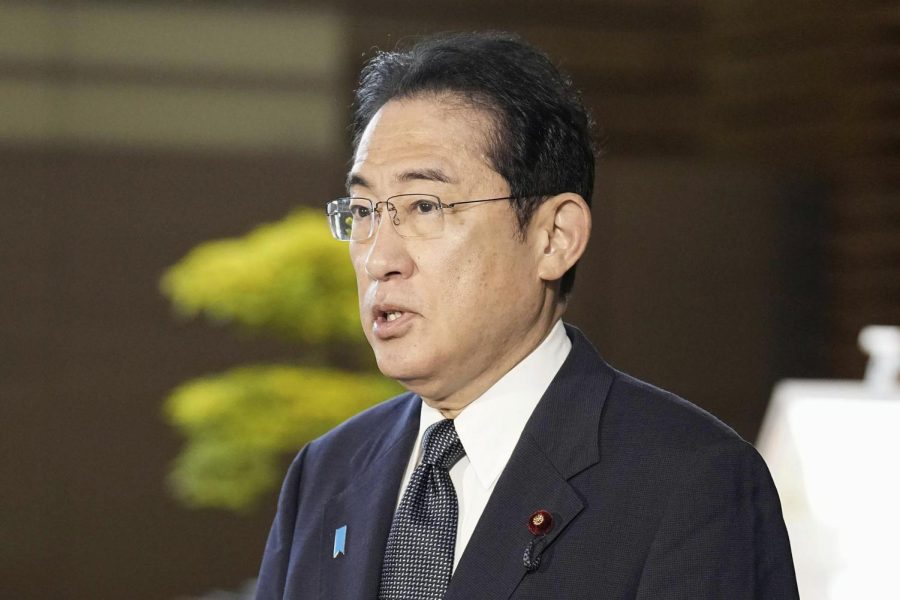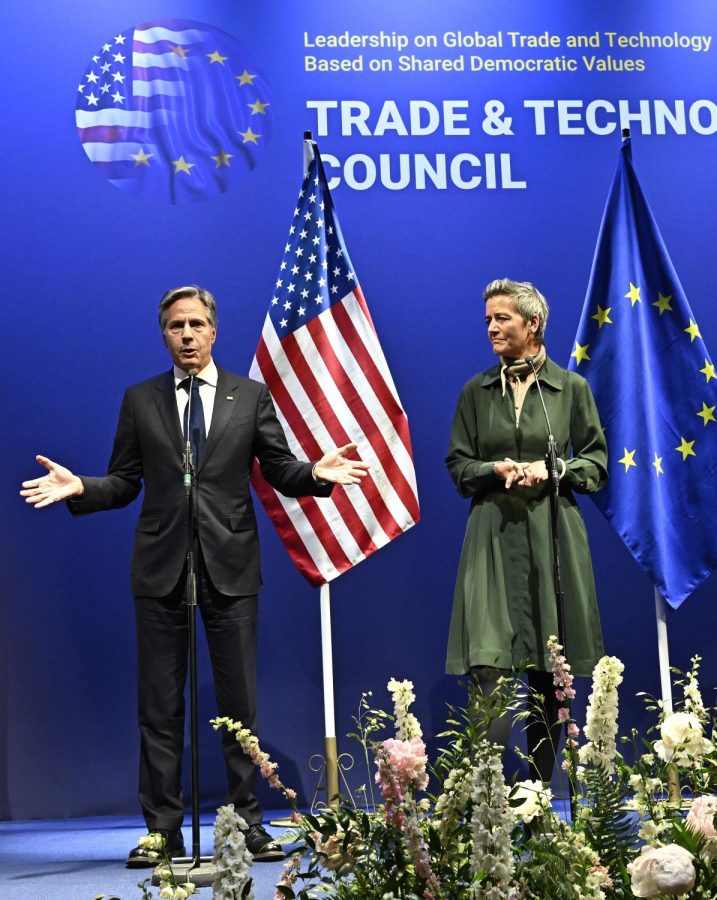HAMZA HENDAWI
Associated Press

CAIRO — The election of Egypt’s former military chief to the presidency may be remembered for its central irony: He won in a historic landslide‚ only to shatter his image of invulnerability in the process.
Abdel-Fattah el-Sissi’s win was never in doubt, but what the retired 59-year-old field marshal wanted was an overwhelming turnout that would give legitimacy to his July ouster of Egypt’s first freely elected president‚ Mohammed Morsi‚ and show critics at home and abroad that his action reflected the will of the people. In his last interview before polls opened, he told Egyptians he wanted more than 40 million of the nearly 54 million registered voters to turn out.
The reality was more tepid.
According to unofficial results announced by his campaign early Thursday, el-Sissi won more than 92 percent of the vote, resoundingly beating his sole rival, leftist politician Hamdeen Sabahi.
However, turnout nationwide was around 46 percent, according to Adly Mansour, interim president. Not the worst of the multiple elections held the past three years but below the nearly 52 percent turnout in the 2012 election that Morsi won.
The victory was tainted by the extraordinary means used by the military-backed government to get even that many voters to the polls. After signs that the turnout on the first of two scheduled days of voting on Monday was as low as 15 percent, the government declared the next day a national holiday to free people to go to polls. When Tuesday polling still seemed low, the commission abruptly extended the election to a third day. The state made bus and train travel free to allow migrants to return to home districts to vote. To many, it was clear the state was trying to help its favored candidate, reminiscent of machinations during the 29-year-rule of autocrat Hosni Mubarak, toppled in a 2011 pro-democracy uprising.
And el-Sissi was not supposed to need a boost.
For the past 10 months, the government and the media have made him the object of relentless adulation, describing him as efficient, empathetic, manly and handsome.
“The popular hero didn’t find the masses marching to the ballot boxes to lift him to the palace,” Egyptian columnist Wael Abdel-Fattah wrote in the Lebanese daily As-Safir. “The shock here is in the state’s need to use its old tools to defend its nominee.”
El-Sissi can genuinely claim he comes into office with an impressive tally of votes. His campaign said he won 23.38 million votes. Official results are expected in early June.
That amount is more than the 13 million that Morsi won and even more than the around 18 million votes that went to Morsi’s Muslim Brotherhood and allied parties in the first post-Mubarak parliamentary elections.
But the puncturing of his image is no small blow.
The boycott by the Brotherhood, which has the country’s strongest get-out-the vote-machine, heavily gouged the turnout numbers.
But many others who declined to vote said he seemed to take Egyptians for granted and lacked solutions for millions living in poverty. They were struck by how he showed little tolerance for dissent, was dismissive of freedoms and rights and was strongly backed by former members of Mubarak’s ruling party‚ all fueling concerns he will bring back Mubarak’s autocratic ways.
“This man will seal the gates of democracy behind him with a lock and chain. It will be our last elections and it is a farce,” said Ramadan Salem, a 57-year-old boycotter who was sitting among fellow taxi drivers sipping tea under a main bridge in central Cairo.













